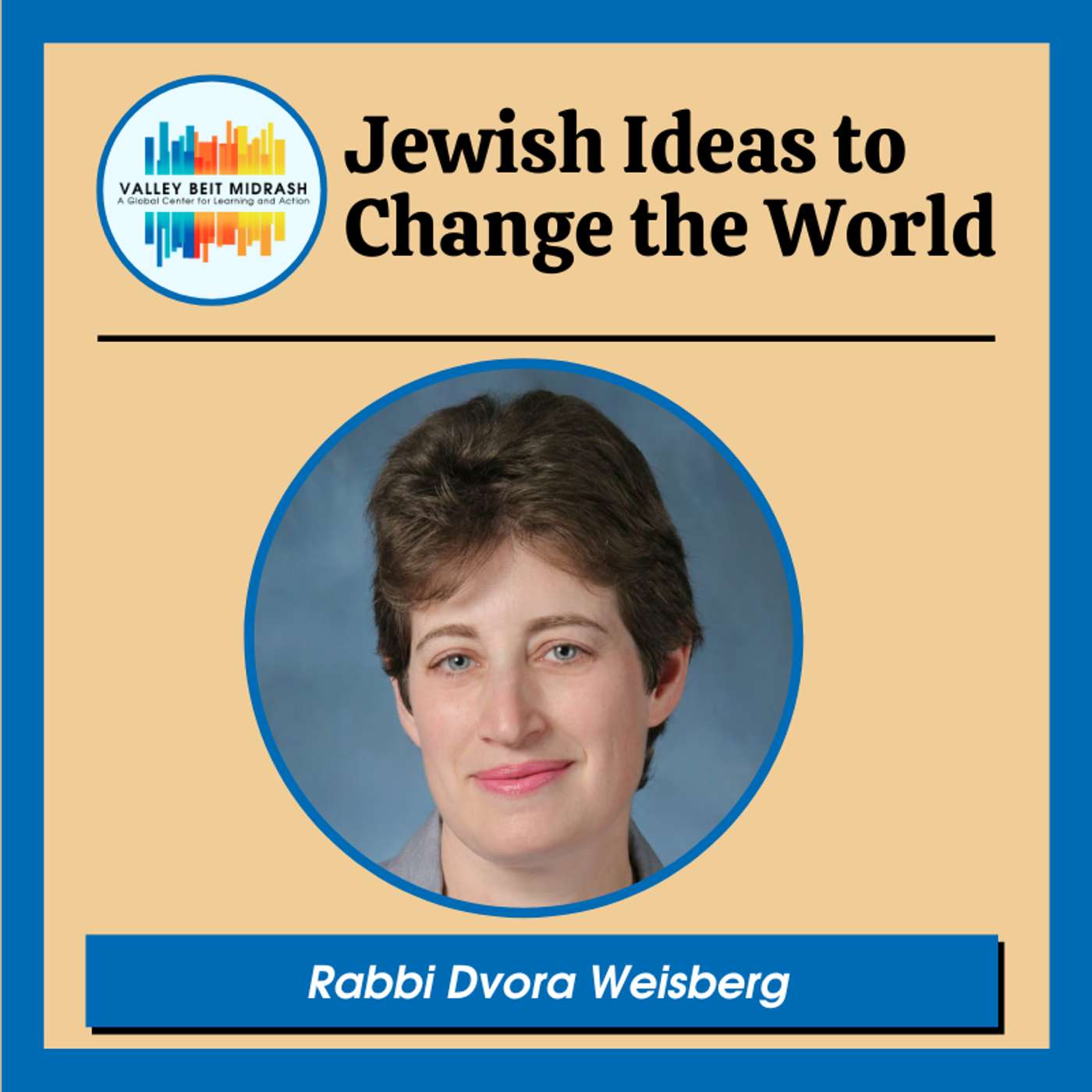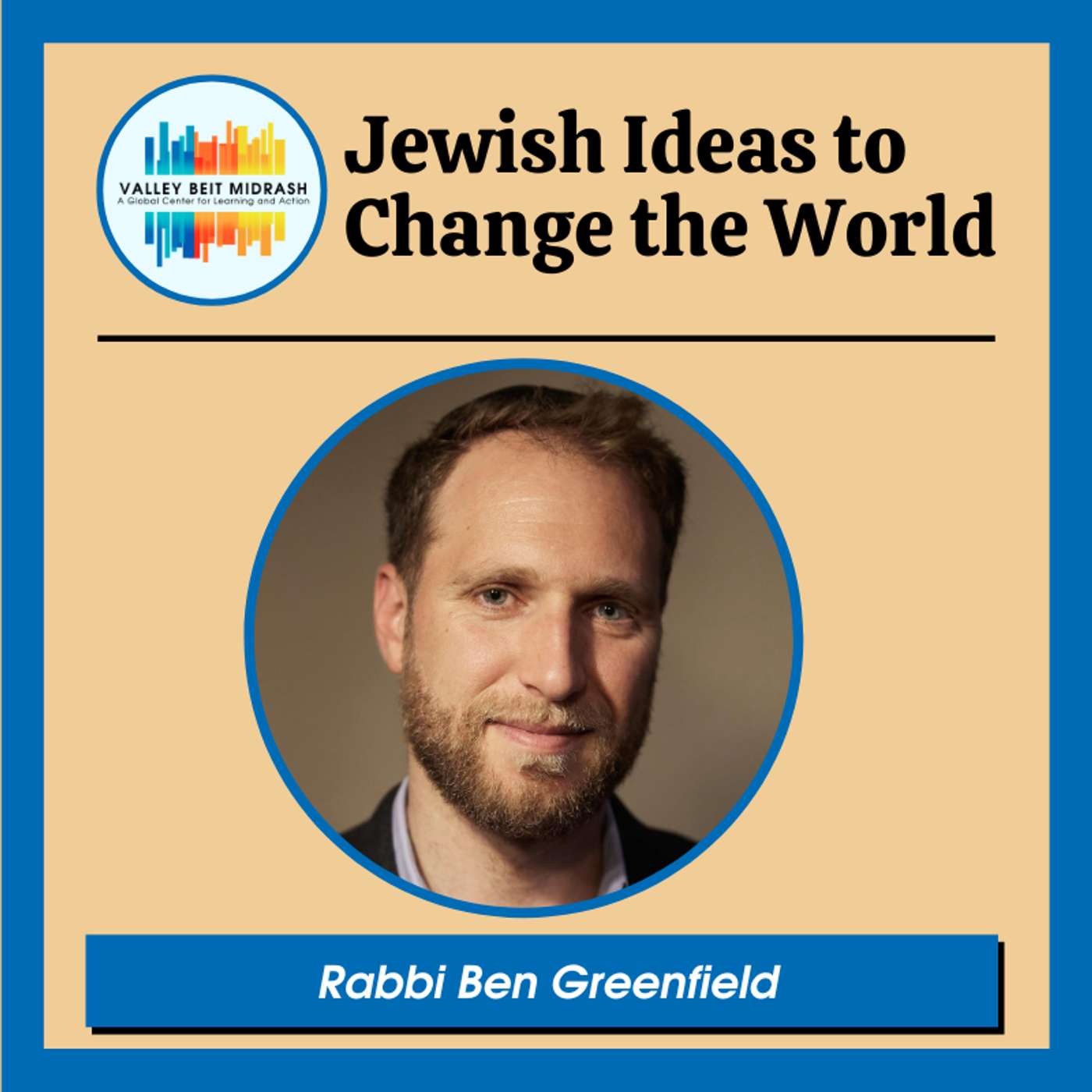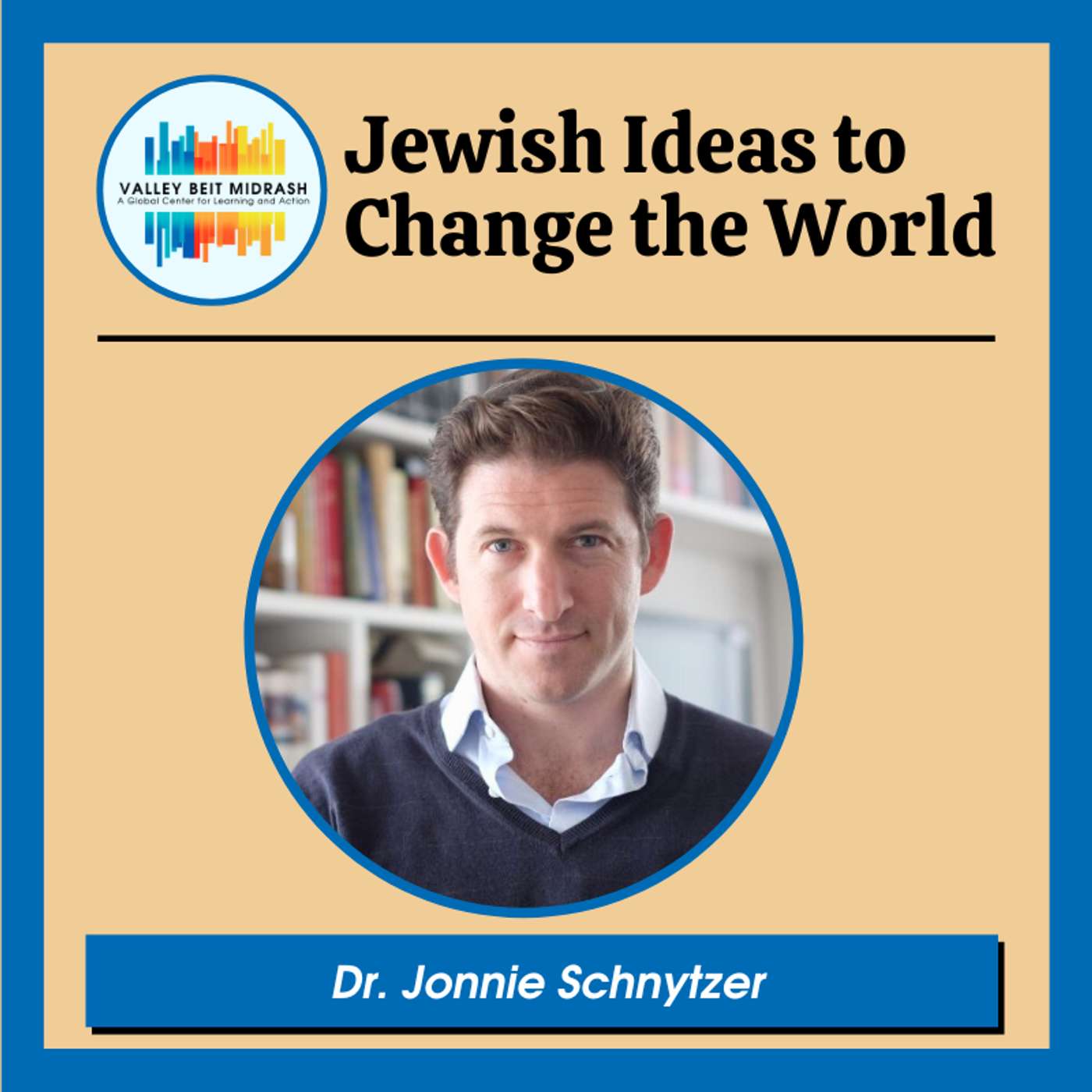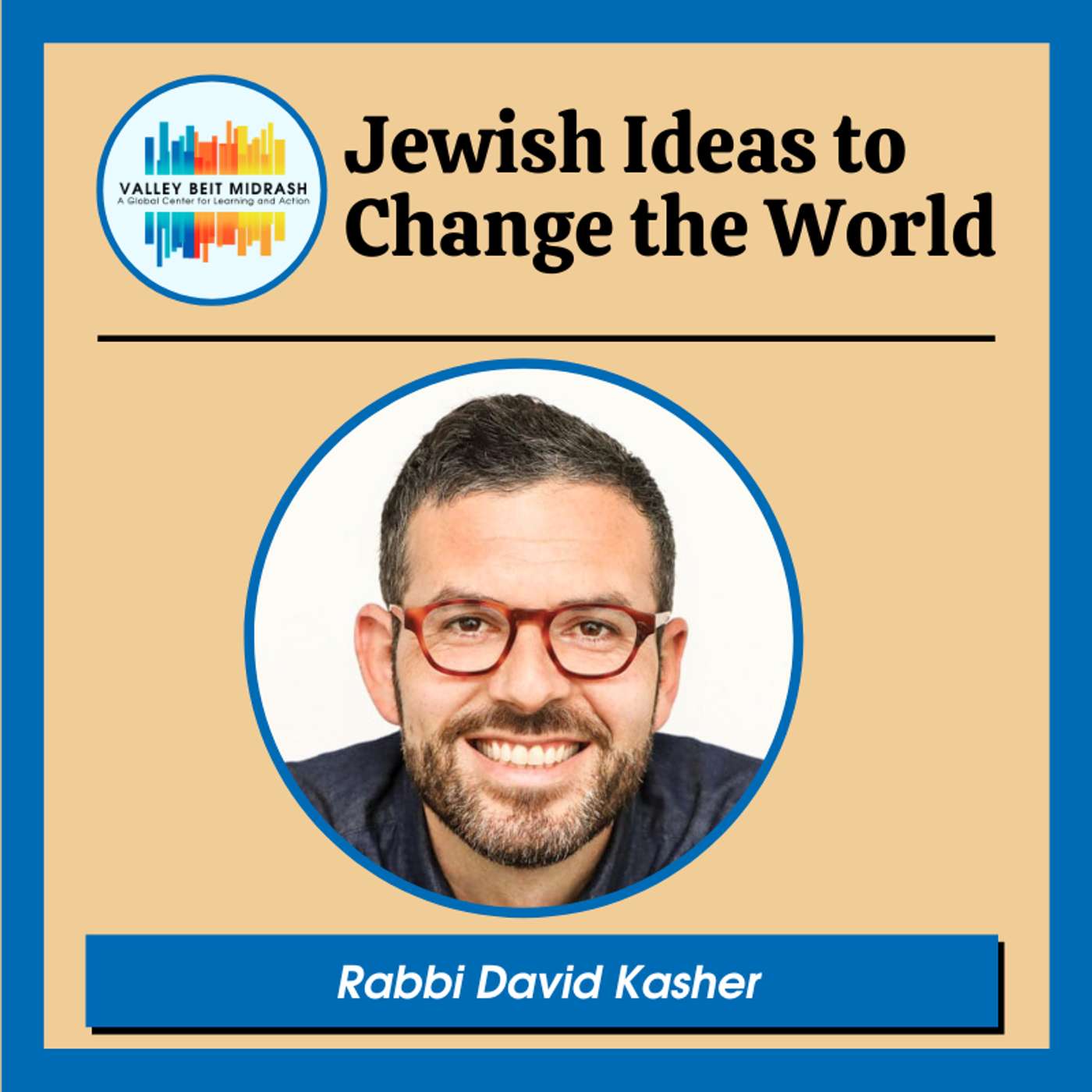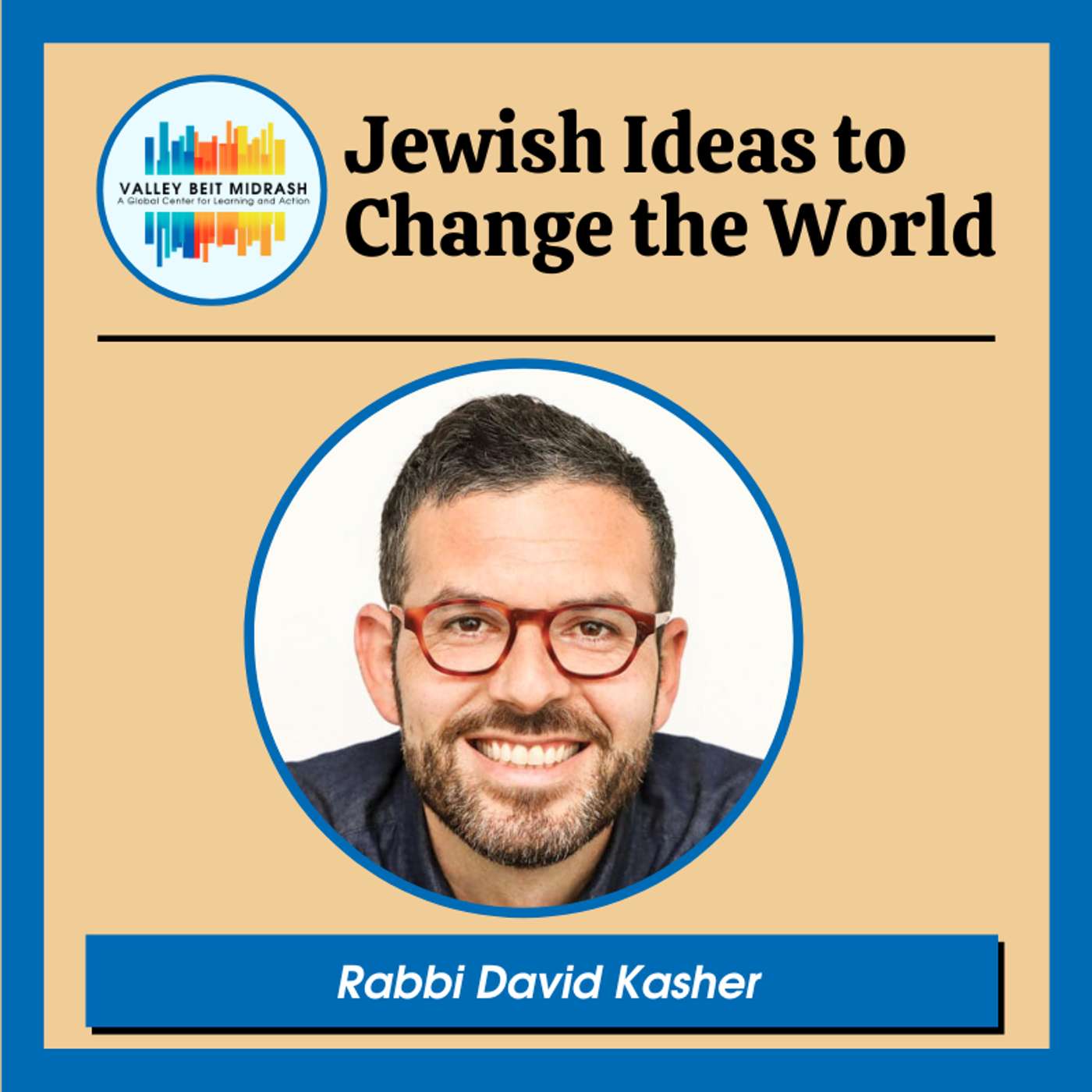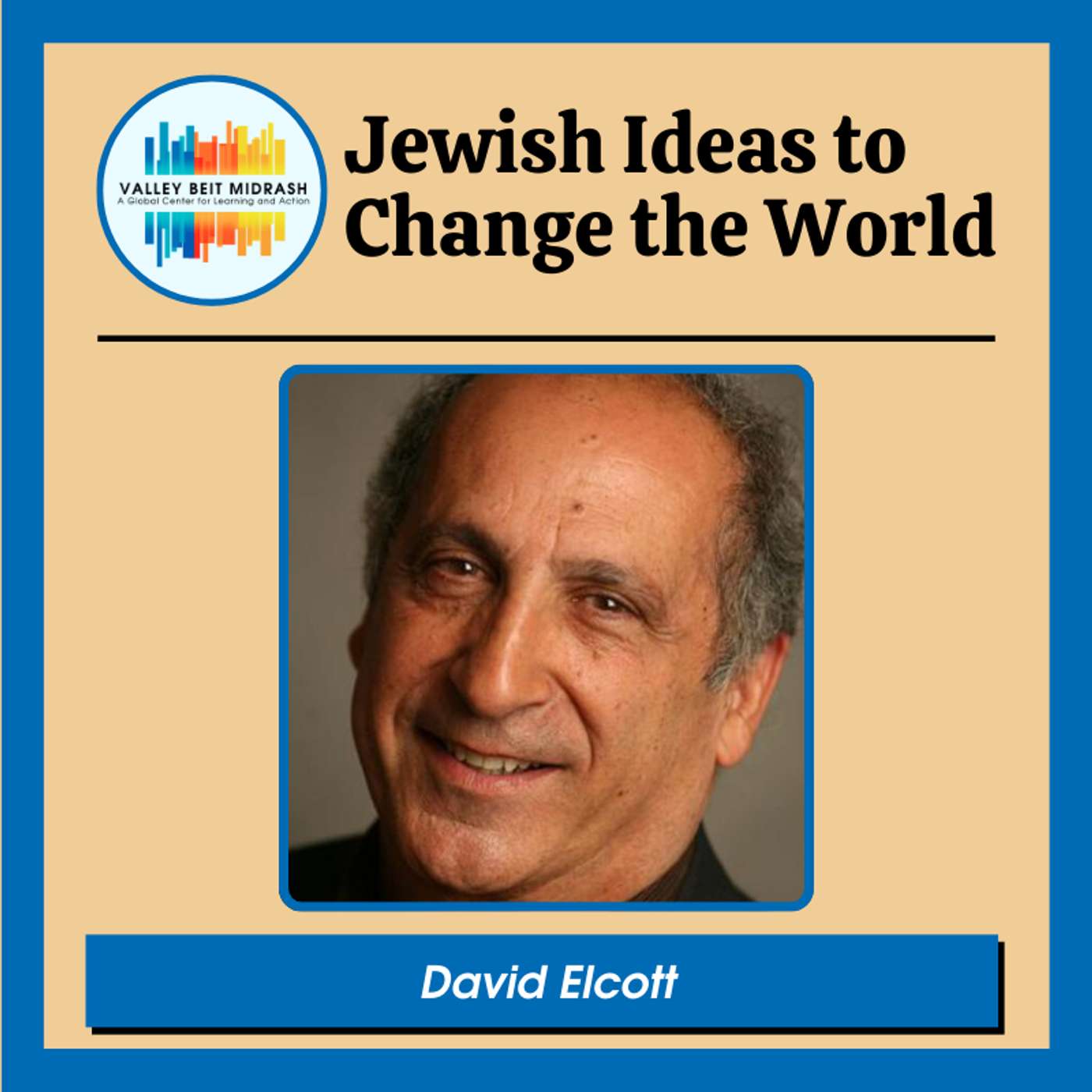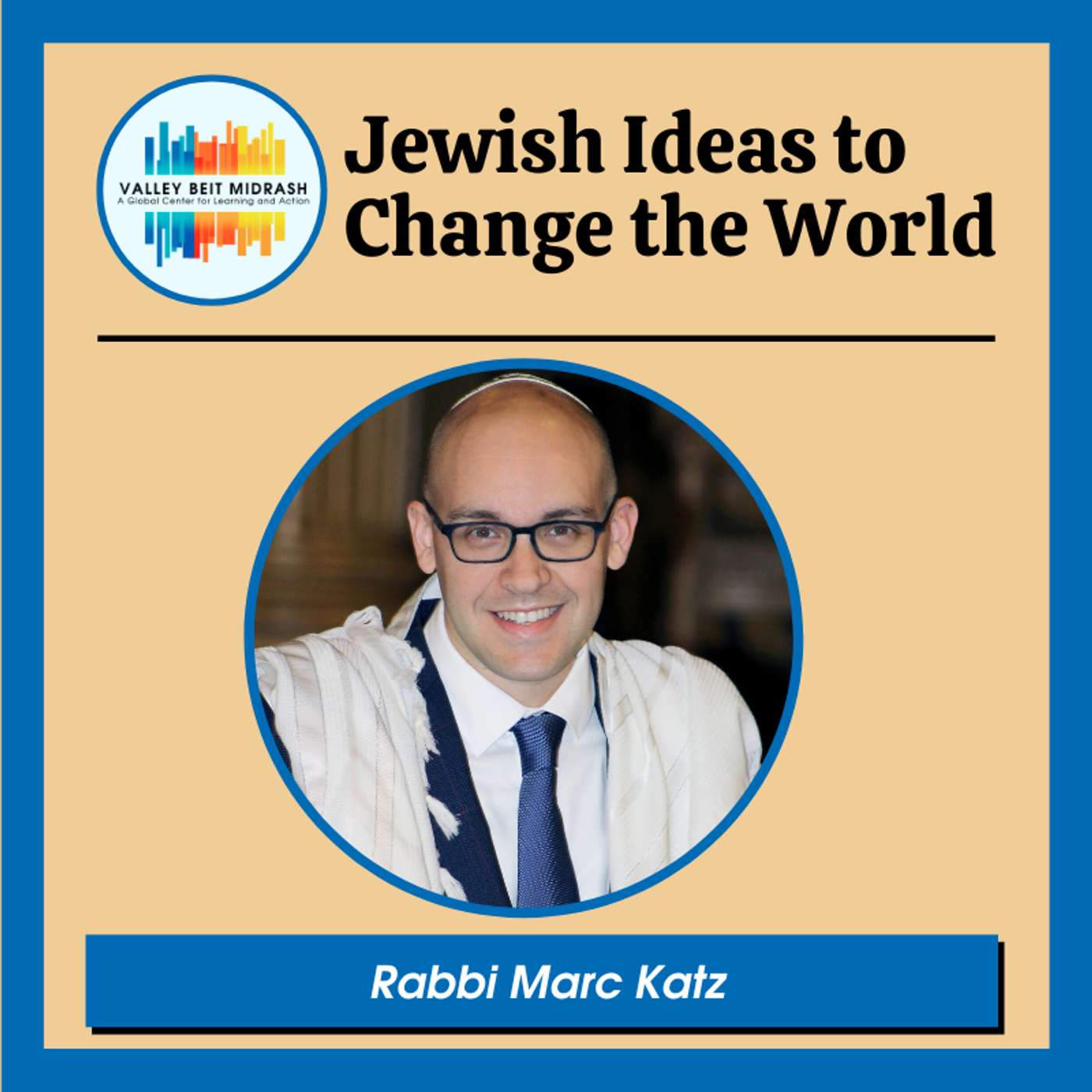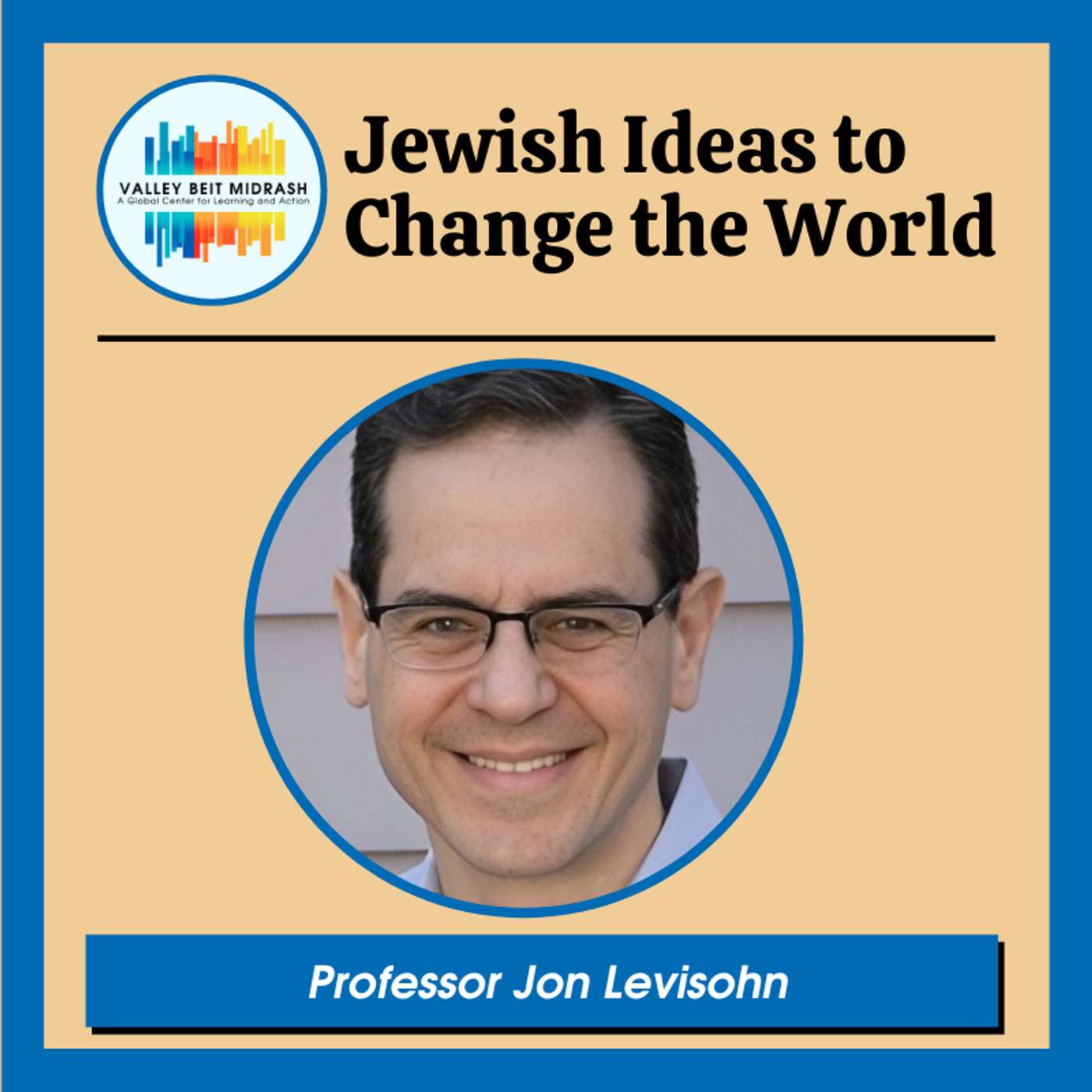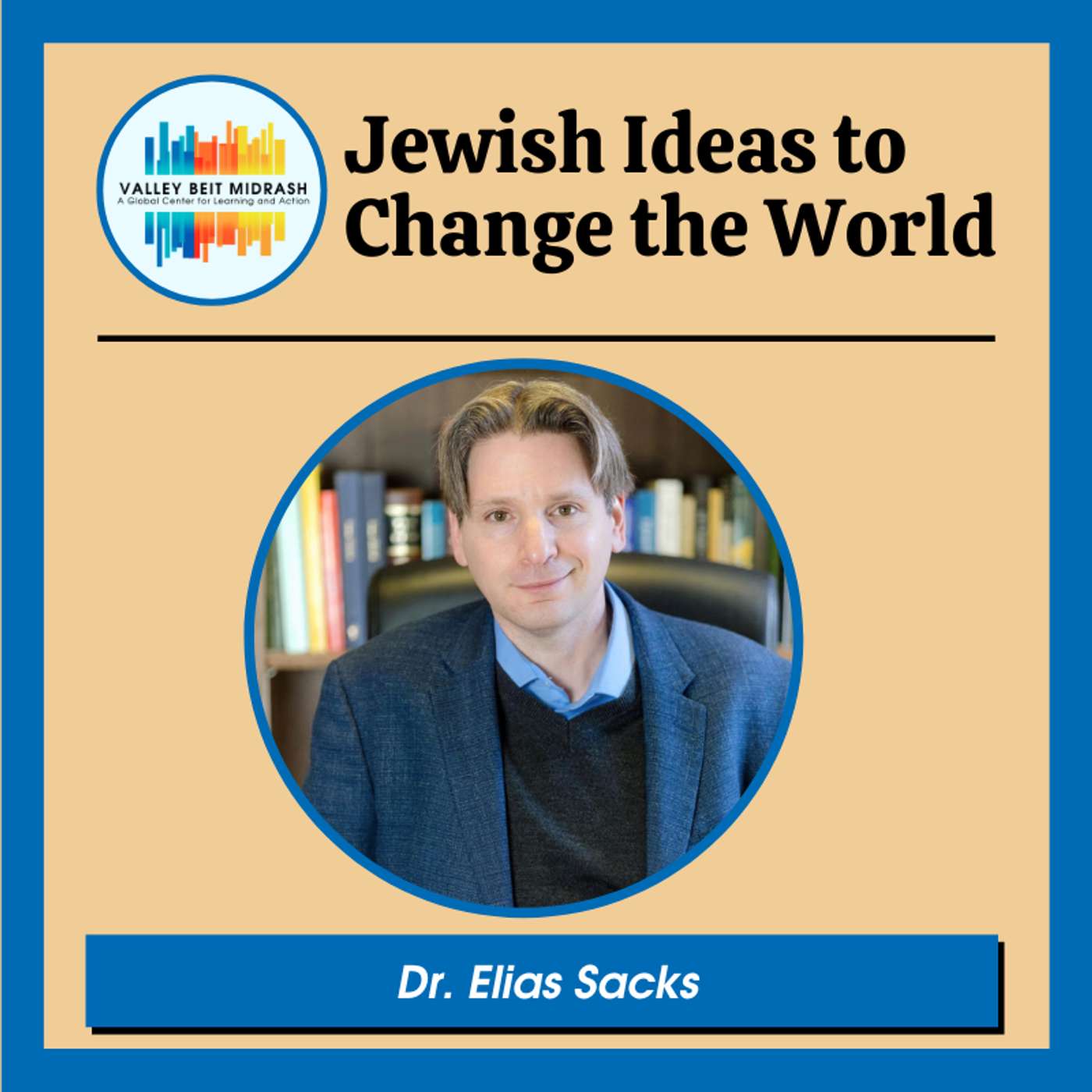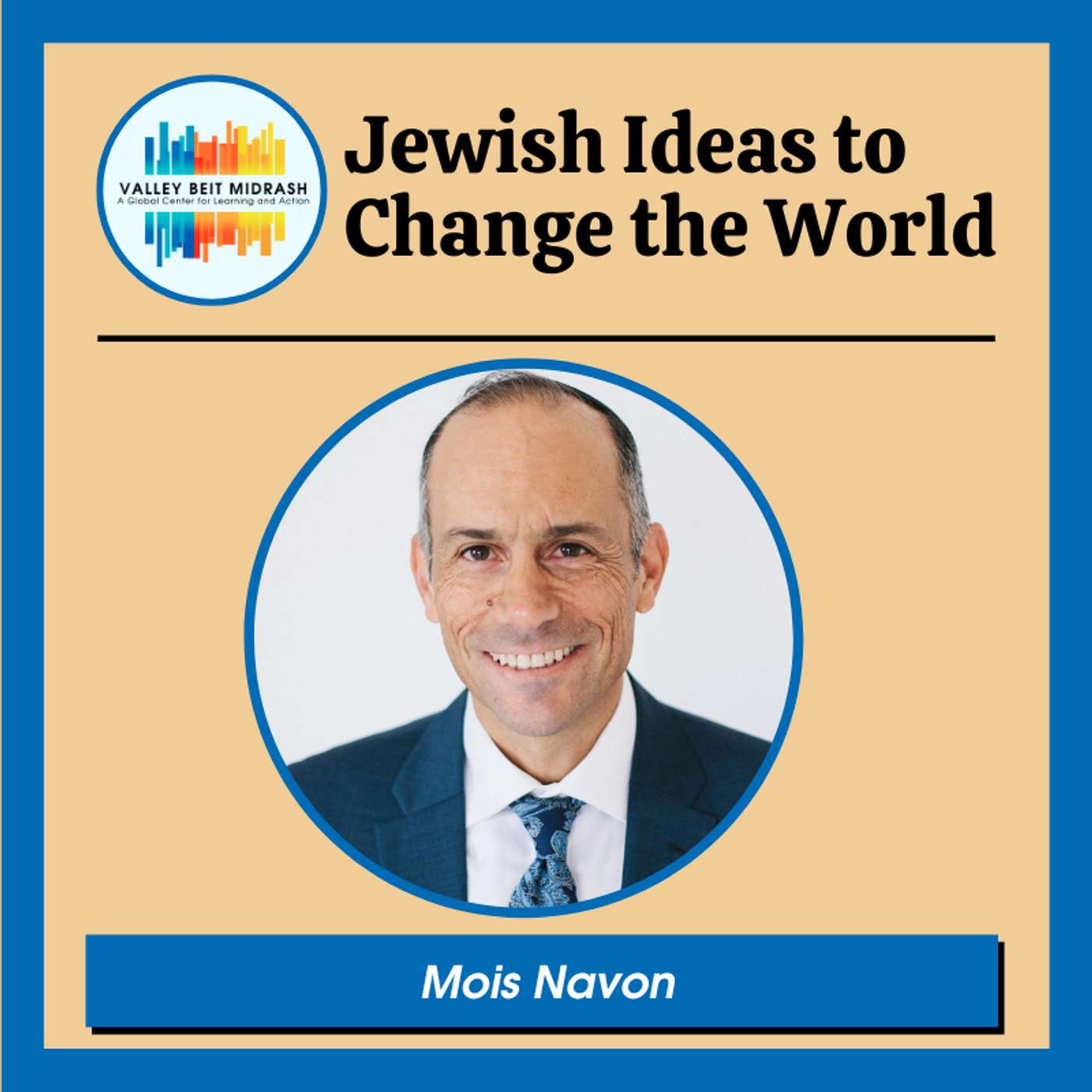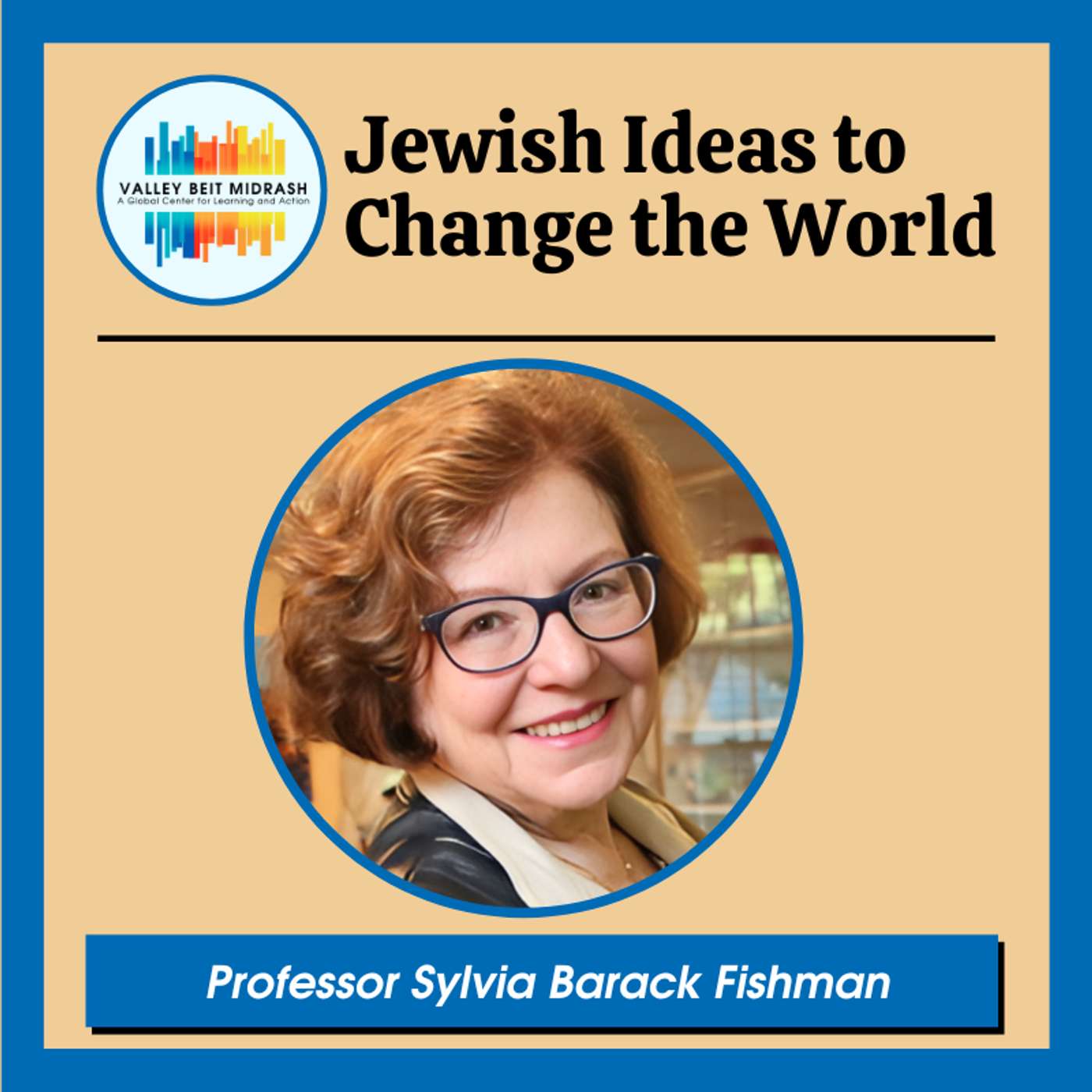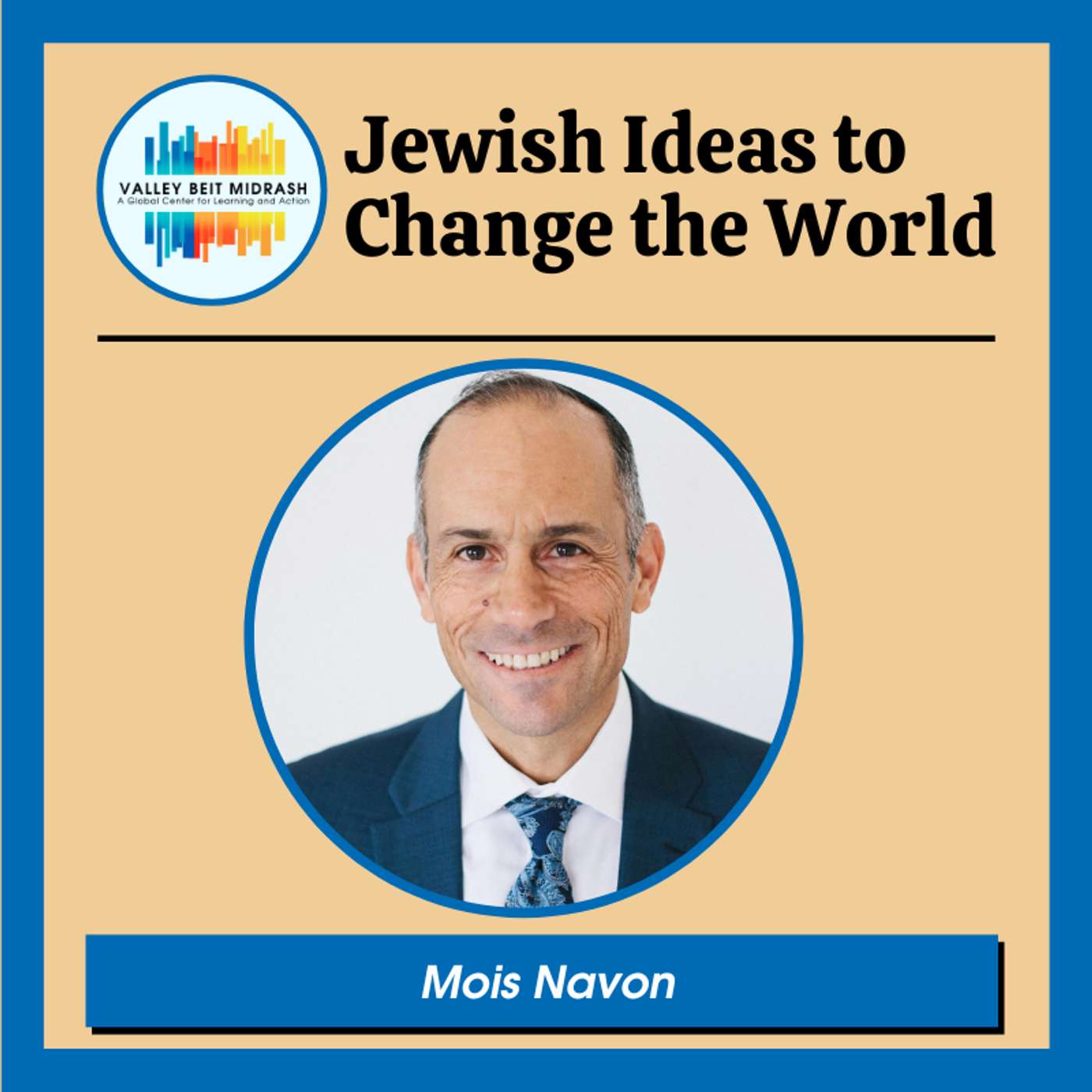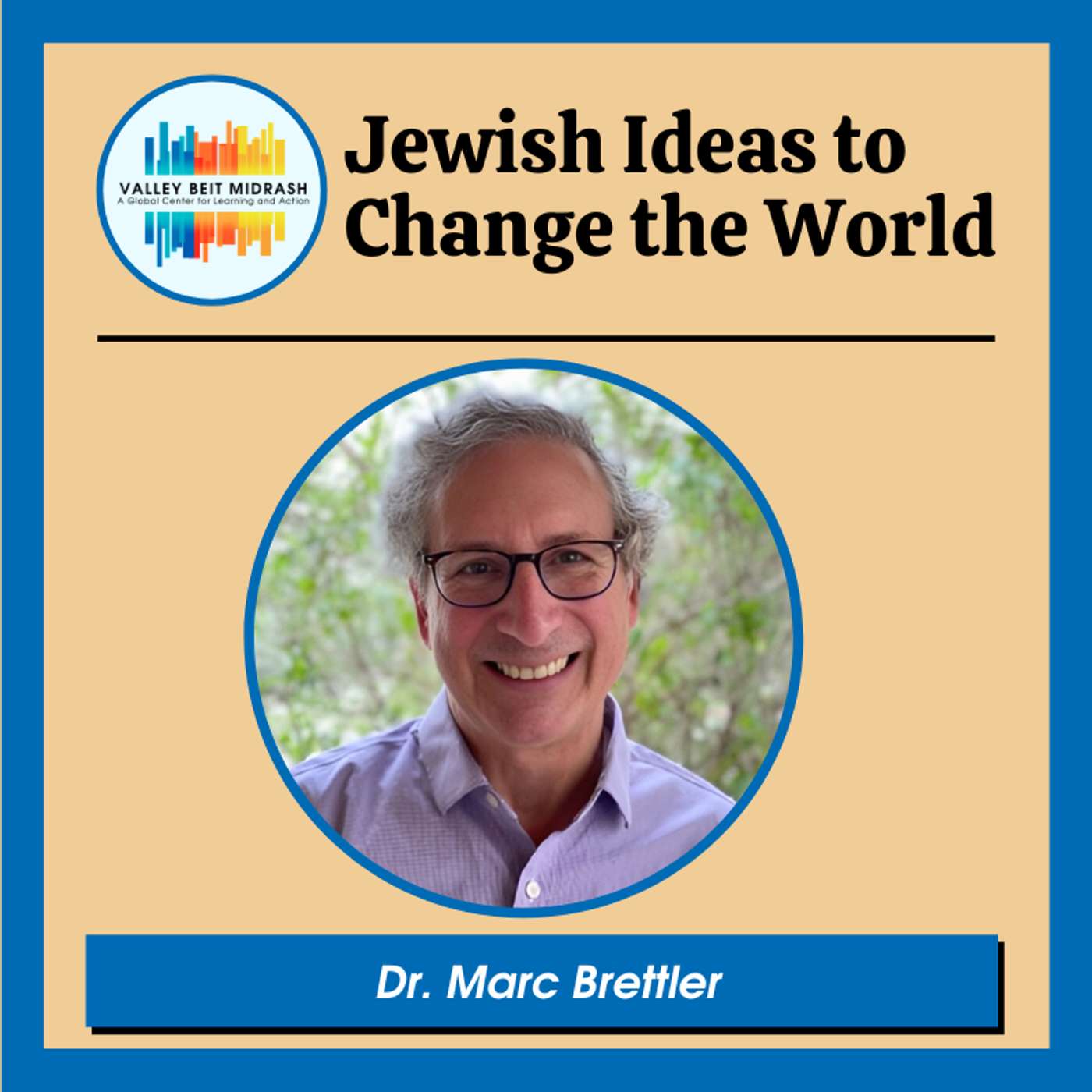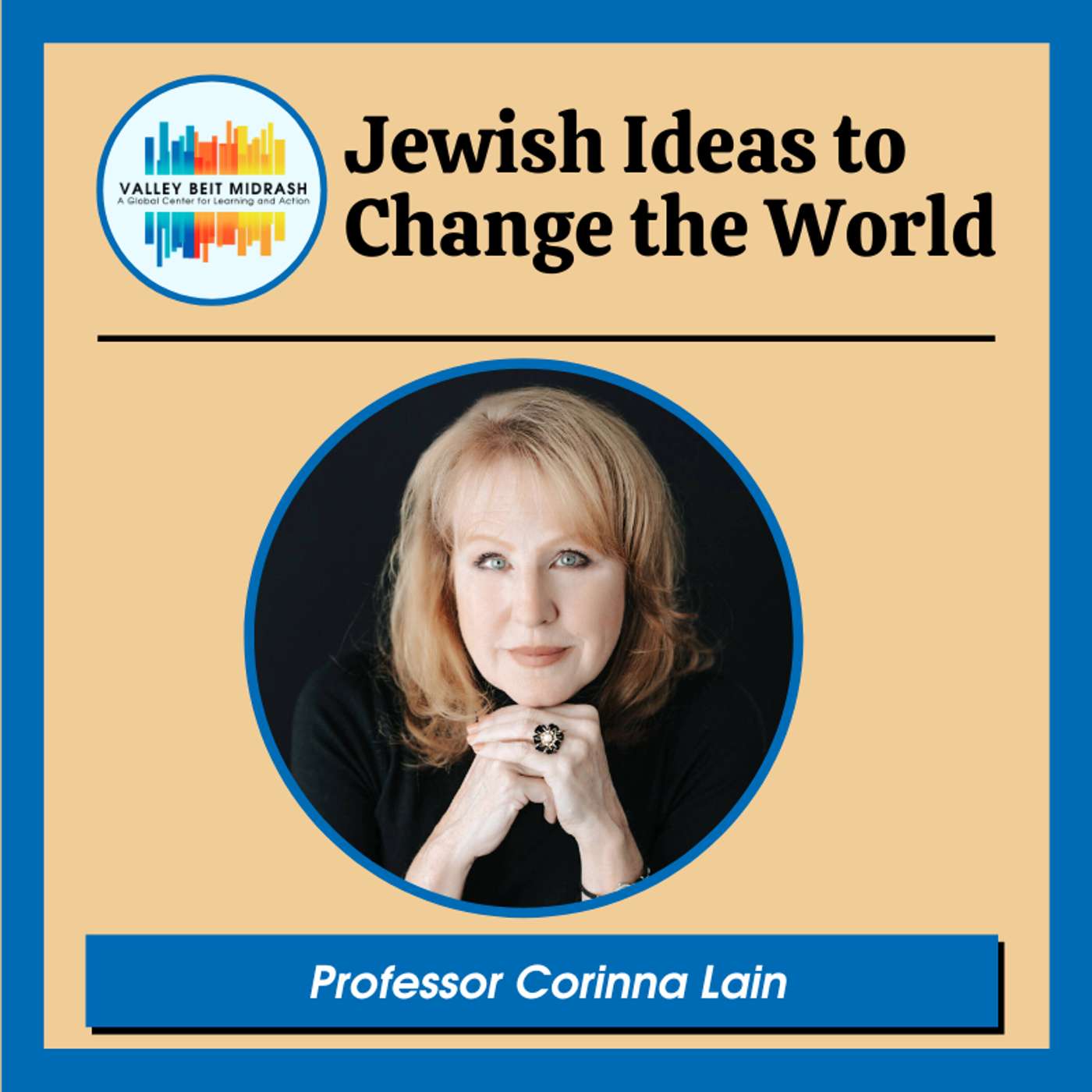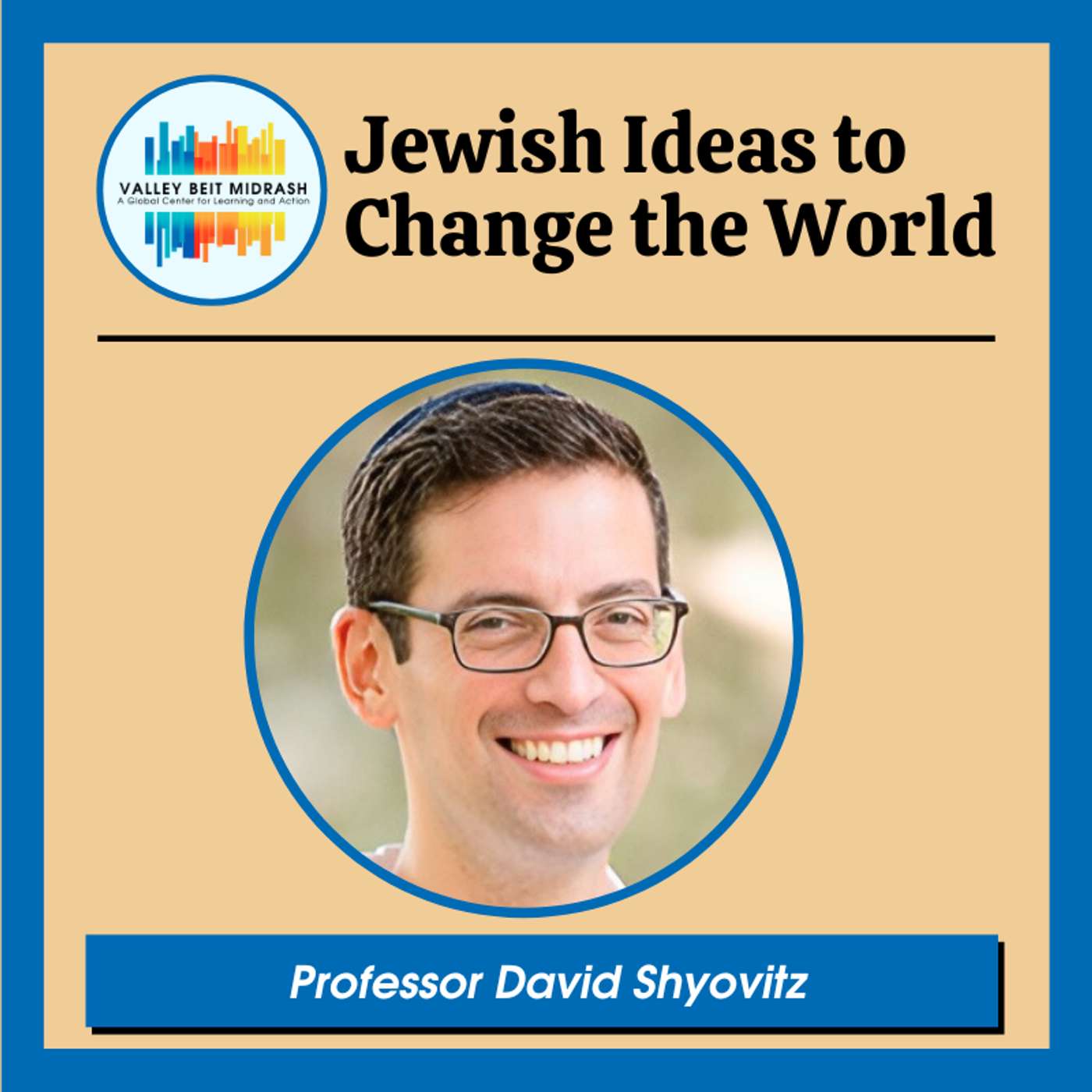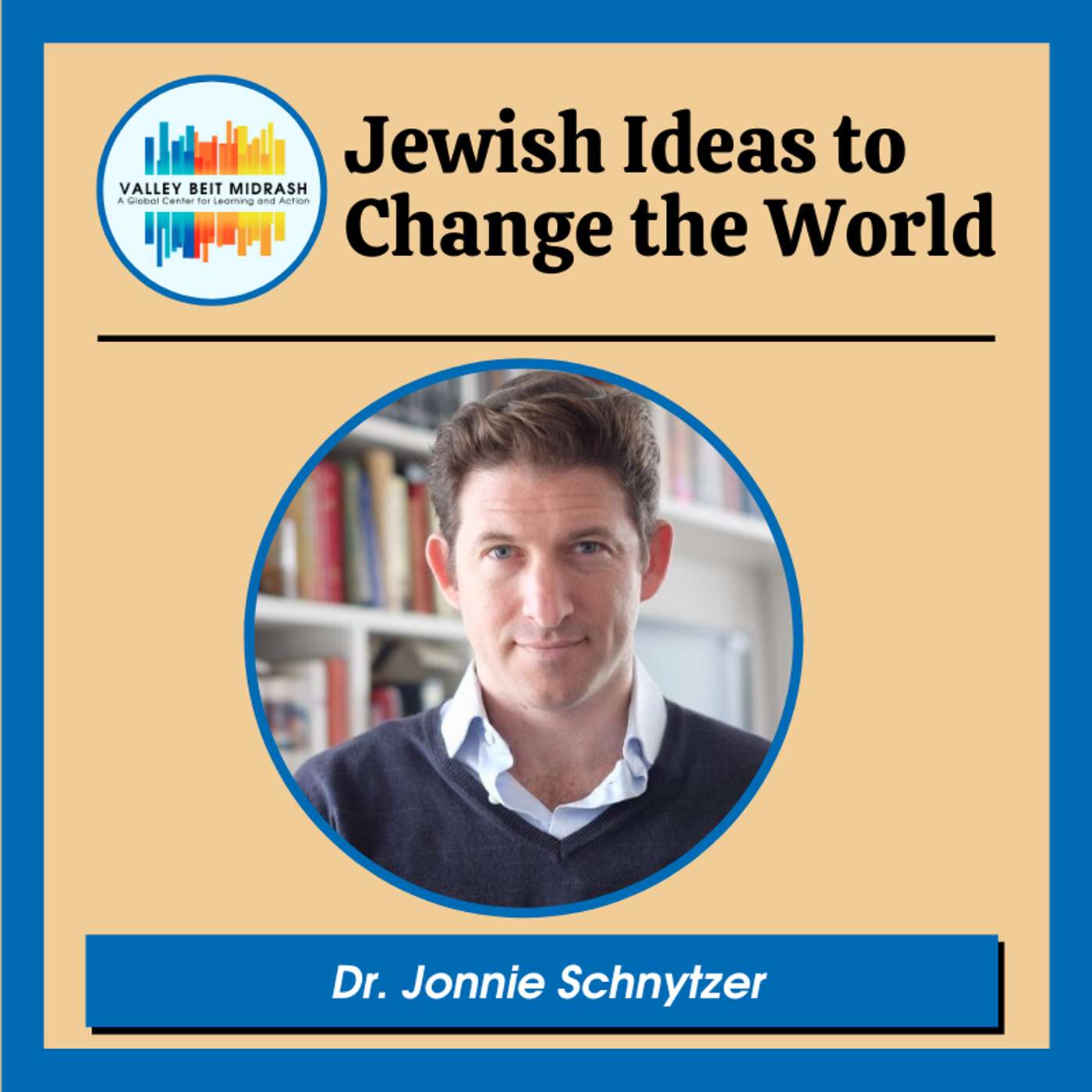Is Teshuvah Possible in the Internet Age?
Description
A virtual event presentation by Rabbi Dvora Weisberg, Ph.D.
About The Event:
Jewish tradition teaches that through teshuvah (repentance), we can “remake” ourselves as better people. But how do we present and live as our new, improved selves when our mistakes are preserved on the internet and available for everyone to see (and dredge up)? We will tackle this challenge through rabbinic texts.
*Source Sheet: https://docs.google.com/document/d/1vU6TZeoPua8utCc2mXaMfRlOINM6ubmO/edit
About The Speaker:
Rabbi Dvora Weisberg, Ph.D., is the Rabbi Aaron Panken Professor of Rabbinics on the Los Angeles campus of Hebrew Union College. Rabbi Weisberg served for eleven years as the Rabbinical Program Director in Los Angeles and then as the National Rabbinical School Director of Hebrew Union College from 2020 to 2025.
Rabbi Weisberg was raised in San Francisco. She received her B.A. summa cum laude from Brandeis University, where she was elected to Phi Beta Kappa. Her undergraduate thesis, for which she was awarded highest honors in Near Eastern and Judaic Studies, was entitled “Can the Demands of Jewish Feminists Be Met Within the Halakhic System?” She received her M.A. and Ph.D. in Talmud and Rabbinic Literature from the Jewish Theological Seminary of America and was ordained at Hebrew Union College.
Before Hebrew Union College, Rabbi Weisberg taught at the Jewish Theological Seminary, the College of William and Mary, and the University of Pittsburgh.
Rabbi Weisberg is the author of Levirate Marriage and the Family in Ancient Judaism (2008), a study of the ancient rabbis’ vision of the family and its members, and Tractate Menahot: A Feminist Commentary (2020). Her book on levirate marriage and the family was a finalist for the 2009 National Jewish Book Awards in the category of Women’s Studies.
Rabbi Weisberg is married to Rabbi Neal Scheindlin and is the mother of Micah (& Elana) and Noah Scheindlin, and the savta of Orli Maya and Eitan Yonah.
★ Support this podcast ★

